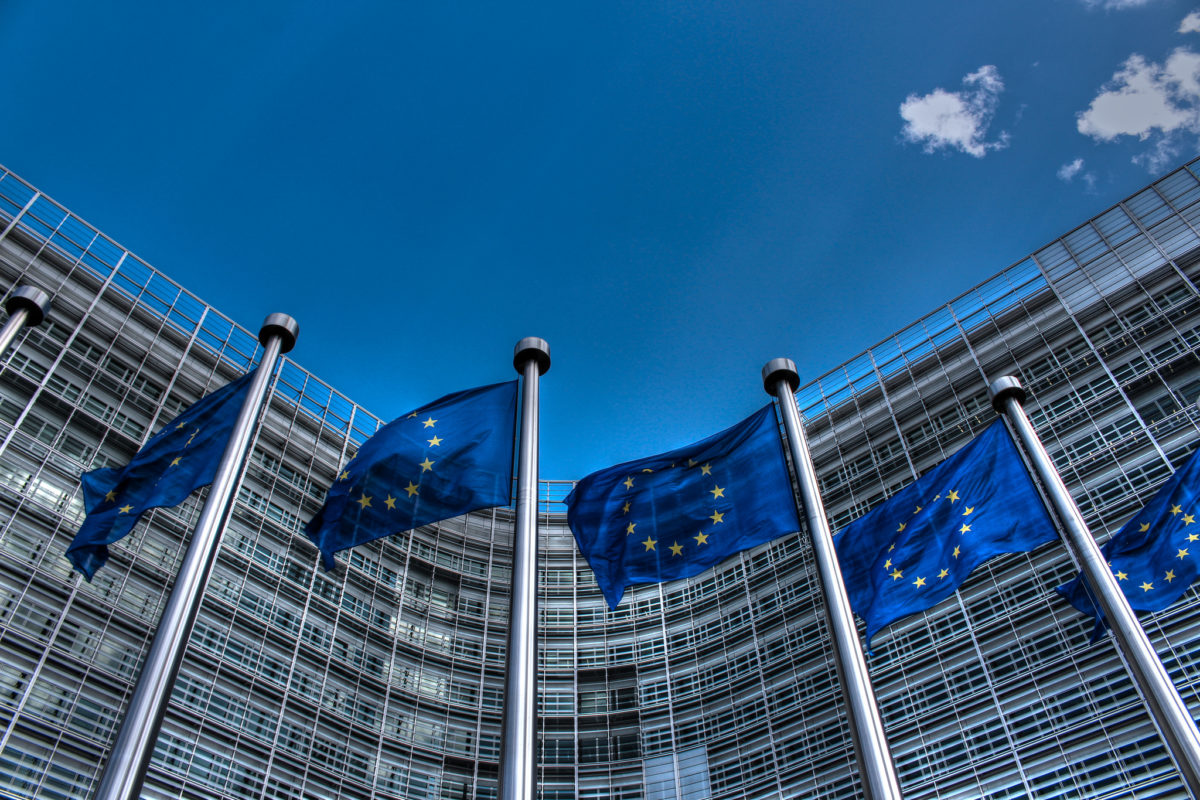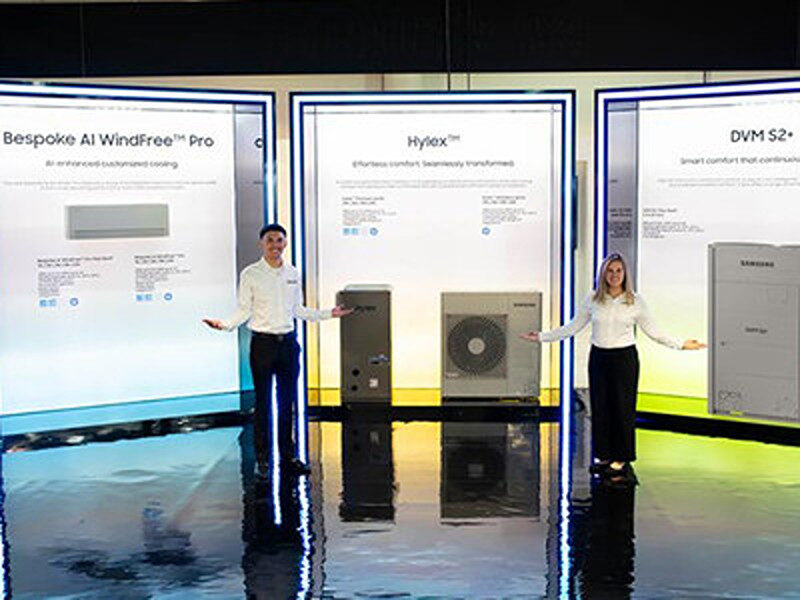The 18-month extension to antidumping (AD) and anti-subsidy duties applied to Chinese solar products, revealed yesterday by pv magazine has brought mixed reactions from the industry. The measure is now expected to be published on the EU Official Journal by March 4th at the latest.
SolarWorld-led association EU Prosun welcomed the EU decision: “Antidumping measures will be necessary as long as there is dumping”, responded EU Prosun president Milan Nitzschke to pv magazine‘s request for comment. “The solar sector in Europe, China and elsewhere can be further developed only with fair competition.”
EU Prosun filed a petition with the EU authorities to extend the duties on Chinese solar products, which were introduced by Brussels in 2013.
The CEO of the association SolarPower Europe, James Watson, told pv magazine that the measure is a “good compromise”, which his association and its members can accept, although the definitive end of the duties is desirable. The association, Watson said, would have preferred a 12-month extension. “As expected, following the pressure exerted on the Commission by the Member States, it has decided to prolong the anti-dumping and anti-subsidy measures for 18 months. We consider this an improvement as the Commission's original proposal was a 24 months extension of the duties.”
Milan Nitzschke of EUProsun also welcomed the EU's decision to conduct an interim review on both duties and minimum import prices. “This will make minimum import prices transparent,” Nitzschke explained, “and as a result, it would be easier to monitor them. This will be beneficial for all players.” Nitschke also welcomed the adjustment of prices based on technology development.
James Watson of SolarPower Europe is also confident that the interim review will bring positive results: “We hope that in the next months a new system to set minimum import prices will be set up and that these prices will be closer to real market prices.”
As for the debate of the past weeks, Nitzschke stressed how cheap PV products have become in Europe, and especially in Germany, compared to other non-European countries, which are seeing a strong development in new installations. “For too long,” Nitzschke said, “the sector has given the impression that prices of solar modules were excessively high in Europe. This is not the case, as everybody knows. If we stop spreading this idea, European consumers could regain confidence in solar.”
This content is protected by copyright and may not be reused. If you want to cooperate with us and would like to reuse some of our content, please contact: editors@pv-magazine.com.




It was one of the reasons I voted for BREXIT!!
Why do Europeans suffer whilst german companies prosper.
” Nitzschke said, “the sector has given the impression that prices of solar modules were excessively high in Europe………..the truth is… this is the fact. Ask the Australians
@ David. This is the problem, Naive reactions from people who do not have any knowledge about solar manufacturers. Prices of Chinese manufacturers do not reflect real prices. Modules from China are sold under the cost price. This is dumping. The entire sector in China now has debts of €21 billion. As a result of the dumping of cheap Chinese panels.We know that Chinese manufacturers would have long been bankrupt without state support.International trade can only be free and fair if global competitors adhere to the same market rules and environmental, social and health standards. If international trade is not free or fair, Europe’s SMEs – and indeed its entire manufacturing industry – will suffer (a.o.steel, aluminum, glass and solar firms). Check your facts!
@ Roland
Is this dumping or investing? 21 B$ is small compared to the 1000B$ that US only customers are paying for energy alone each year.